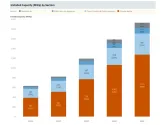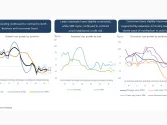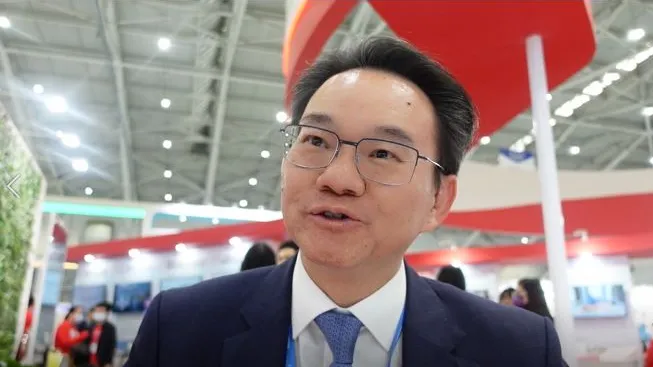
TMU hospitals gain headway with DeepBrain-Cognito to detect dementia risks early
TMU Healthcare System redefines smart hospitals with breakthrough software and AI technology.
With over six hospitals, Taipei Medical University (TMU) Healthcare System is investing in software and AI-powered technology to reduce manual labour and address the shortage of hospital staff in Taiwan. To name a few, it has the TMU Hospital, the Wan Fang Medical Center, and the Shuang-Ho Hospital.
When asked about their outlook, Kang-Yun Lee, TMU vice president, said they are developing new software systems in its universities and hospitals.
“We are going to add some artificial intelligence in the smart hospitals. For example, we are going to use many generated AI systems in our healthcare system and that will allow the healthcare personnel to do everything more easily and better than before,” said Lee in an interview with Healthcare Asia at the recent Healthcare+ Expo in Taiwan.
One of its cutting-edge software is the DeepBrain-Cognito, which helps identify and act on underlying dementia risks at an early phase.
The technology works as a personalised 4D, AI-powered prediction tool which uses a multi-module platform and the most recent MRI images to display in a high-resolution image where the regional brain cortical thinning may start in the future.
The AI tool can suggest when dementia may occur through the guide of a clinical dementia rating (CDR). It also specifies the types of dementia to which the rating refers.
This AI technology is not only being used for the brain as TMU Healthcare developed AI systems for other body parts as well.
“We use a lot of AI in different robots like we call the deep brain, deep lung, deep partial deep liver, kidney, in everywhere. Then we also use biochips for early detection of the complicated disease,” Ray-Jade Chen, consultant surgeon of TMU Hospital, explained.
Meanwhile, Lee also mentioned that they are engaging in more spin-off companies from their university and hospitals, which will help them research and create innovative products.
“For example, we have artificial intelligence, research and products introduced into our healthcare system. For example, we have some artificial intelligence imaging systems, which can automatically produce interpretation of many important imaging of diseases such as stroke,” he said.
Sustainability challenges
Sharing his insights into the future of healthcare, TMU President Mai-Szu Wu sees sustainability as a continuing challenge as the industry grapples with reducing carbon production.
“We’ll have to take care of our environment and we will reduce our carbon production and so that was a very important issue for many industries,” Wu told Healthcare Asia. “Now, [the sustainability issue] is coming to healthcare and also in the education system. We have to face this and we have to change our concept and everyday practice.”
Wu also mentioned that they had to keep up with the rapid advances in healthcare technology and provide services outside the hospital walls.
“We have to create technology, just like Generative AI medical devices and more remote controlling management systems,” he said.
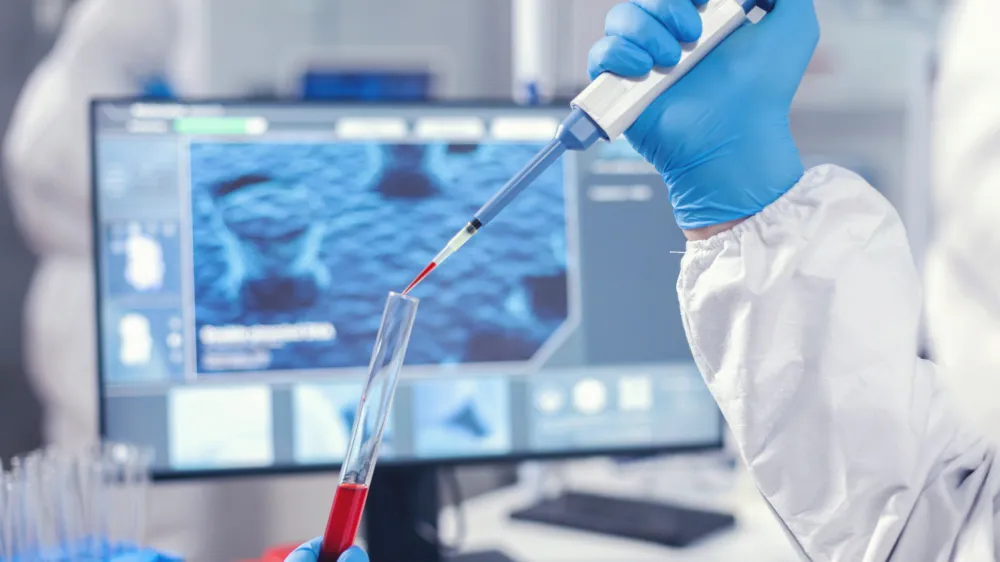
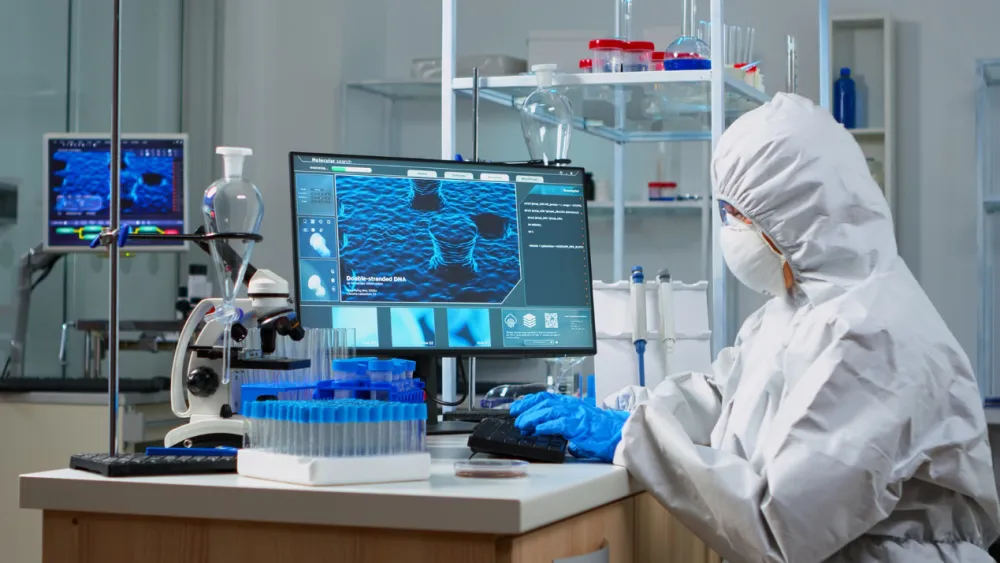

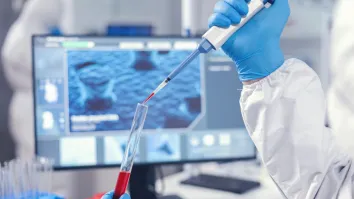
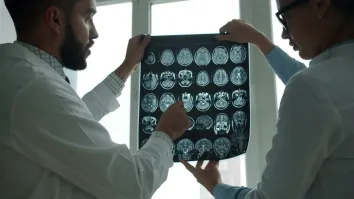
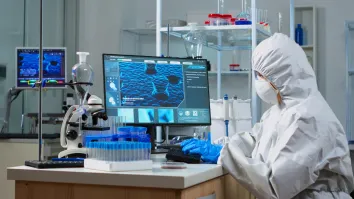













 Advertise
Advertise
